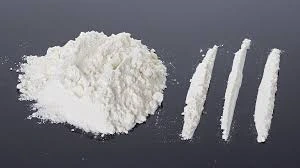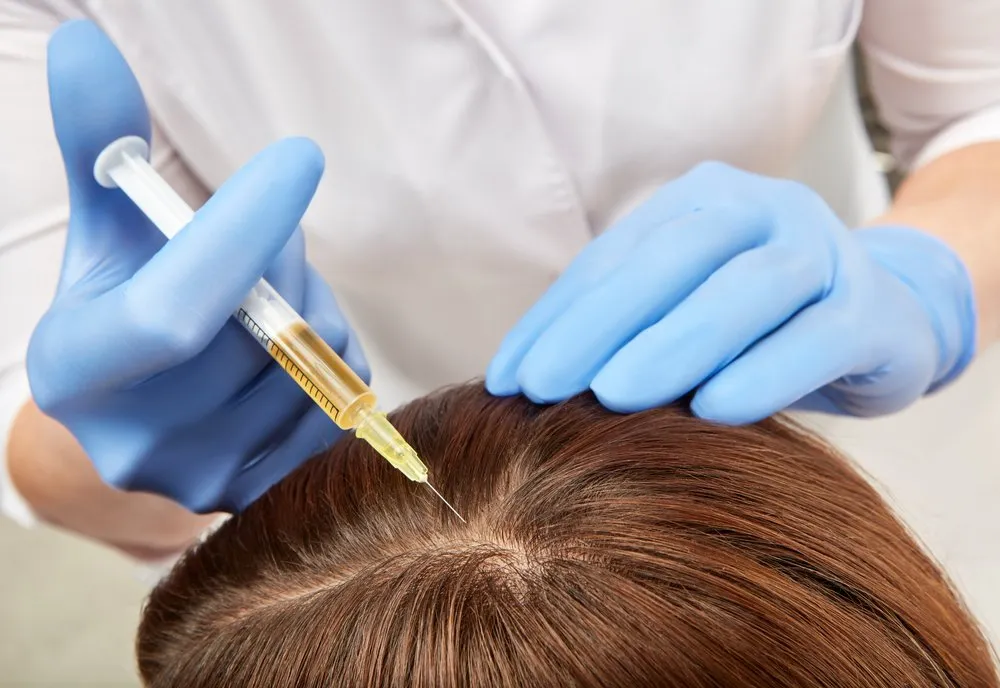Hair loss can be distressing, especially when it seems sudden or unexplained. If you’ve ever wondered, does cocaine cause hair loss?, you’re not alone. The answer is yes—and understanding why is essential to managing both your health and hair.
In this article, you’ll discover how cocaine affects your hair follicles, what symptoms to look for, and how to encourage recovery. Backed by medical insights and recovery guidance, this post is designed to help you take informed steps toward hair and scalp health.
Can Cocaine Use Really Cause Hair Loss?

Cocaine doesn’t just harm your internal organs—it can also affect the health of your hair. Chronic or even occasional use of cocaine may lead to telogen effluvium, a form of hair shedding that occurs when hair prematurely enters the resting (telogen) phase.
Here’s how it happens:
- Restricted blood flow from vasoconstriction (narrowed blood vessels) limits oxygen and nutrients to hair follicles.
- Nutritional deficiencies caused by poor appetite and malabsorption disrupt the body’s ability to support healthy hair.
- Hormonal imbalances—especially elevated cortisol and adrenaline—stress your follicles.
- Dehydration and inflammation also create a poor scalp environment for growth.
Symptoms of cocaine-related hair loss may include:
- Diffuse hair thinning (all over the scalp)
- Increased shedding during brushing or washing
- Brittle or dry hair
- Patchy hair loss in some cases
How Cocaine Affects Hair Health
Vasoconstriction and Blood Flow Restriction
Cocaine is a powerful vasoconstrictor. It tightens the blood vessels, reducing circulation to various parts of the body—including the scalp. Hair follicles require a steady supply of nutrients and oxygen to grow, and reduced blood flow can weaken and eventually kill these follicles.
Nutrient Deficiencies
People who use cocaine often suffer from poor appetite, digestive issues, and malnutrition. Deficiencies in key nutrients like iron, zinc, and B vitamins can severely disrupt the hair growth cycle.
Hormonal Disruptions
Cocaine triggers a spike in stress hormones, including cortisol and norepinephrine, which may throw off the hormonal balance necessary for normal hair growth.
Stress and Telogen Effluvium
Emotional stress and physiological shock from drug use can push hair into the telogen phase, resulting in noticeable shedding a few weeks or months later.
Cocaine-Induced Hair Loss vs. Other Causes
It’s important to differentiate between hair loss from cocaine use and other common types of alopecia:
| Cause | Pattern | Timeline | Reversible? |
|---|---|---|---|
| Cocaine use | Diffuse thinning, brittle texture | Appears 2–3 months after use | Often, if stopped early |
| Genetic (Androgenic) | Receding hairline, crown thinning | Gradual over years | No, but manageable |
| Alopecia Areata | Round patches, sudden loss | Rapid onset | Sometimes |
| Nutritional deficiency | Diffuse or patchy thinning | Variable | Usually |
Is Cocaine Hair Loss Permanent?
In many cases, cocaine-induced hair loss is not permanent—but the outcome depends on several factors:
- How long you’ve been using cocaine
- How frequently you use it
- Your overall health and nutrition
- How soon you stop
If follicles are not permanently damaged, regrowth is possible with proper care and abstinence.
Timeline of Hair Recovery After Stopping Cocaine
Recovery varies by individual, but here’s a general timeline:
- 1–3 Months: Shedding may slow. Scalp inflammation begins to reduce.
- 3–6 Months: Early signs of regrowth may appear (peach fuzz or baby hairs).
- 6–12 Months: Thicker, more visible regrowth with continued scalp care and nutrition.
Additional Health Effects of Cocaine on Skin, Nails, and Hair
Cocaine doesn’t just affect your hair—it also impacts skin and nails:
- Dry scalp and flakiness
- Brittle, breaking hair strands
- Thinning eyebrows or eyelashes
- Premature aging signs like wrinkles or dull skin
- Brittle or ridged nails
These cosmetic effects are often overlooked but can indicate deeper health issues caused by substance abuse.
When to See a Doctor About Hair Loss
If you’re noticing rapid or unusual hair loss and have a history of substance use, it’s important to see a dermatologist or trichologist. They can:
- Conduct blood tests to check for deficiencies or hormonal issues
- Examine your scalp and hair follicles under magnification
- Offer confidential support if you’re concerned about discussing drug use
Pro Tip: Be honest with your doctor. Their goal is to help, not judge. Medical professionals can only provide accurate treatment with full information.
Scientific research also links stimulant abuse to telogen effluvium and diffuse alopecia, particularly when combined with stress or other health problems.
Can Hair Loss from Cocaine Be Treated?
Yes, but treatment must start with addressing the root cause—stopping cocaine use.
Steps to support recovery include:
- Abstinence from all recreational drugs
- Balanced diet rich in protein, iron, B12, and zinc
- Topical treatments like Minoxidil (under medical guidance)
- PRP therapy (Platelet-Rich Plasma) for scalp rejuvenation
- Mental health and addiction counseling

Remember, hair regrowth takes time, and results vary based on your body’s ability to recover.
How to Support Hair Regrowth After Substance Abuse
Here are practical, everyday steps to improve your hair health:
- Eat nutrient-dense meals: Eggs, spinach, nuts, and lean meats
- Stay hydrated: Dehydration impacts scalp and follicle health
- Take supplements if needed: Biotin, iron, and B-complex under guidance
- Avoid harsh styling or heat: Let your hair rest
- Use gentle, sulfate-free shampoos: Minimize chemical exposure
- Practice stress management: Meditation, journaling, therapy
Frequently Asked Questions (FAQs)
Can hair grow back after cocaine use?
Yes, in many cases hair will regrow after stopping cocaine, provided the follicles haven’t been permanently damaged.
How long after quitting cocaine will hair grow back?
Visible regrowth may begin in 3–6 months, with fuller recovery possible within a year.
Is hair loss a common side effect of drug addiction?
Yes. Drugs like cocaine, meth, and even some prescription medications can trigger telogen effluvium and other forms of shedding.
What other drugs can cause hair loss?
Amphetamines, anabolic steroids, and some antidepressants are known to impact hair growth.
Can cocaine cause beard or body hair loss?
It can contribute to body-wide telogen effluvium, which may also affect beard and body hair in some individuals.
Take Your Next Step
Concerned about hair loss and drug use?
You don’t have to face it alone. Book a confidential consultation with Dr. Rana Irfan in Islamabad—a globally recognized hair restoration expert. Whether you’re in recovery or just starting your journey, we’re here to help you restore your confidence, scalp health, and peace of mind.
